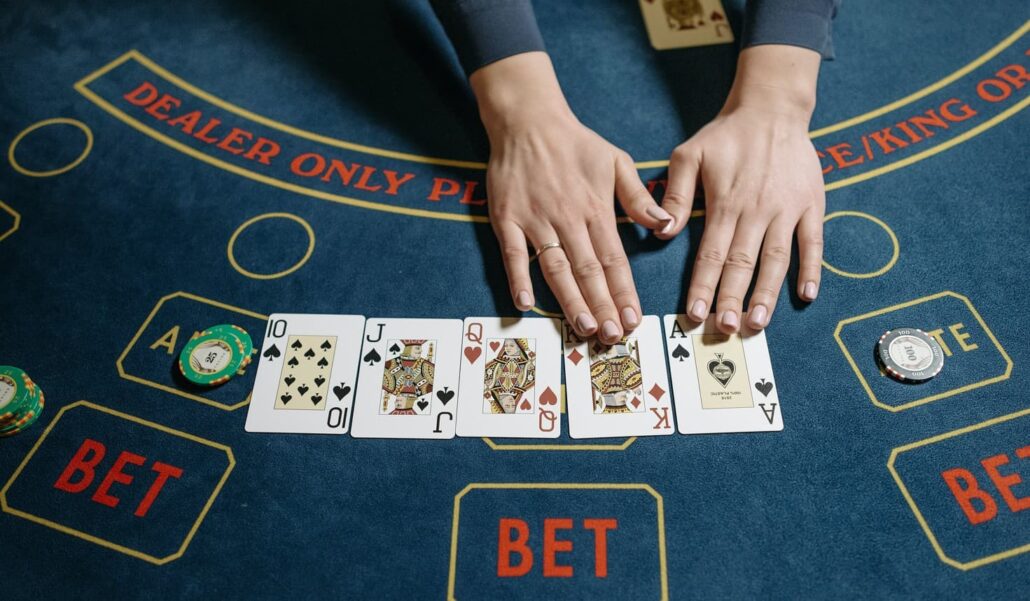In the realm of sports betting, psychology takes a central role in shaping the outcomes. It’s a captivating arena where an insight into sports betting psychology provides invaluable knowledge for both seasoned bettors and newcomers. In this comprehensive guide, we will explore the intricate domain of sports betting psychology, offering a glimpse into the emotions, strategies, and cognitive processes that drive this exhilarating pursuit.
Sports betting transcends mere casual entertainment; instead, it unfolds as a complex interplay of analytical acumen, emotional intelligence, and strategic finesse. The sphere of sports betting psychology encompasses a rich tapestry of factors that exert a profound influence on decisions and ultimate results. In this article, we will embark on a thorough exploration of this multifaceted subject, shedding light on the psychological dimensions of sports betting that often operate beneath the surface.
The Psychology of Sports Betting
The Allure of Sports Bets
Sports betting possesses an undeniable allure, drawing enthusiasts from all walks of life. It melds the thrill of sports with the potential for financial gain, forging a unique and enthralling form of entertainment that keeps its devotees hooked.
The Emotional Rollercoaster
Thrills and Agonies
Engaging in sports betting can be akin to riding an emotional rollercoaster. The highs accompanying a victorious wager are nothing short of exhilarating, but these moments are often counterbalanced by the lows of a losing bet. The psychology at play behind these emotional oscillations is intricate, as individuals grapple with joy, disappointment, and the yearning to place more bets.
Loss Aversion
One prominent psychological facet of sports betting is loss aversion. People tend to feel the sting of losses more profoundly than the joy of equivalent gains. This phenomenon can lead to irrational decisions, such as the pursuit of losses, which can prove detrimental to one’s overall bankroll.
Do you want to know what betting surebets are and how to beat the bookmaker? Then I recommend you read about the term aposta garantida.
Decision-Making and Cognitive Biases
Confirmation Bias
Confirmation bias is a prominent cognitive bias commonly observed in the domain of sports wagering. It refers to the inclination to actively search for information that corroborates one’s preexisting beliefs while disregarding contradictory evidence. This cognitive bias has the potential to serve as a trigger for suboptimal decision-making and has the capacity to distort perceptions concerning teams and individual players.
Gambler’s Fallacy
The gambler’s fallacy represents another cognitive bias that afflicts individuals engaged in sports betting. This phenomenon manifests when individuals hold the belief that preceding events, like a string of losses, possess the ability to exert an influence on subsequent outcomes. In truth, every event in the realm of sports betting maintains its independence, with prior results carrying no bearing on future successes.
Overconfidence
Overconfidence can prove to be the downfall of many a bettor. A significant number of individuals tend to overestimate their knowledge and abilities in this domain, leading them to undertake unwarranted risks. Maintaining a balanced and realistic view of one’s betting skills is paramount.

Strategies for Success
Bankroll Management
Effective bankroll management stands as a cornerstone of successful sports betting. This strategy involves the establishment of a budget for your bets, a commitment to adhering to it, and a deliberate avoidance of reckless wagers that could deplete your financial resources.
Research and Analysis
Informed decisions are the linchpin of success in sports betting. Comprehensive research into teams, players, and statistical data can provide a competitive edge. It’s imperative to stay abreast of the latest news and trends in the world of sports to make well-informed choices.
Emotion Control
The realm of sports betting demands emotional discipline above all else. Learning to regulate your emotions, whether in the wake of a victory or a loss, is indispensable for long-term success. Avoiding impulsive decisions driven by heightened emotions is critical.
Frequently Asked Questions
Can anyone become a successful sports bettor?
Absolutely, with the right knowledge, discipline, and strategy, anyone can enhance their prospects of success in sports betting.
How can I prevent becoming addicted to sports betting?
Establish stringent limits on your betting budget and commit to adhering to them. Recognize the telltale signs of addiction, and seek assistance if you find yourself losing control.
Is it feasible to make a living from sports betting?
While some professional sports bettors do manage to make a living from their craft, it’s a challenging endeavor that necessitates extensive knowledge and unwavering dedication.
What is the most common mistake made by novice sports bettors?
Chasing losses ranks as a prevalent mistake. It’s crucial to accept losses as an inherent aspect of the activity and resist allowing them to dictate future decisions.
How can I enhance my sports betting skills?
Continuous learning and self-reflection are the keys to improvement. Analyze your past bets, learn from your mistakes, and adapt your strategies accordingly.
Are there any fail-safe strategies for winning in sports betting?
No strategy can guarantee absolute success, as sports betting inherently involves a degree of uncertainty. Nevertheless, disciplined bankroll management and informed decision-making can enhance your odds.
Conclusion
A solid grasp of the psychological aspects of sports betting can significantly enhance your chances of success in this exciting endeavor. It’s crucial to consistently approach sports betting with a balanced mindset, harmonizing your knowledge with emotional control, and, above all, practicing responsible wagering.

